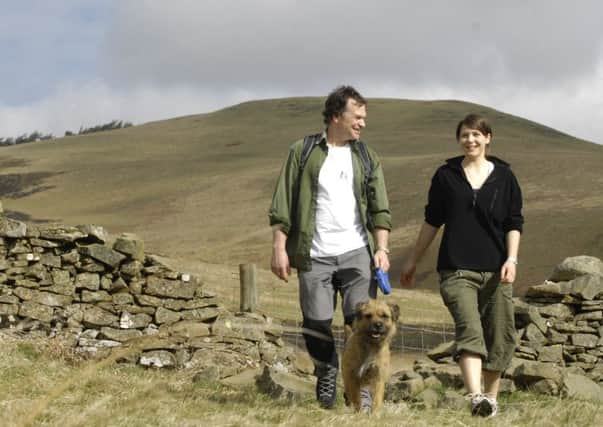Dog poo could kill livestock


Parasites found in some dog faeces can result in the abortions of cattle and death in sheep and with several reports over recent months, local farmers are pleading with the public to be more responsible.
As the lambing and calving season begins for another year, the message to members of the public is to remember to pick up any faeces from dogs they are walking, including when they are using agricultural land.
Advertisement
Hide AdAdvertisement
Hide AdOn last week’s BBC 2’s Drive Time program, presenter Simon Mayo provided an anecdote about ‘flicking poo into a nearby field as a boy’ and whilst this may have been amusing to some listeners, the reality is that dog faeces in fields are linked to some nasty cattle and sheep diseases which can cause serious harm and even death.
The Union encourages those with dogs to be responsible for the health of livestock, and the message is clear - if in the country, lift poo; if living adjacent to fields with livestock, don’t dump dog poo in field but dispose of responsibly.
The two diseases of particular concern that can be present as a result of faeces on farmland are neosporosis and sarcocystosis.
Neosporosis can cause abortions in cattle and is thought to be responsible for the highest percentage of all cattle abortions reported in the UK. Neospora eggs are produced by infected dogs and excreted in their faeces.
Advertisement
Hide AdAdvertisement
Hide AdCattle will then become infected if they eat food, i.e. grass, or drink water contaminated with the eggs.
Sarcocystosis is also caused by parasites, which can use dogs as intermediate hosts, and similarly the eggs are produced and excreted in faeces.
In terms of both these diseases, faeces from infected dogs can contaminate pasture and animal feed, water or bedding.
There is currently no licensed vaccine or drugs available for these diseases.